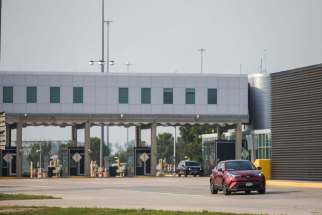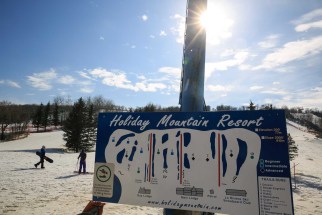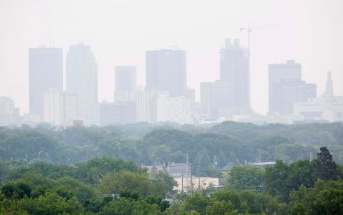A drop in the climate-change bucket Ruinous drought offers stark evidence of crisis at hand, experts say
Read this article for free:
or
Already have an account? Log in here »
To continue reading, please subscribe:
Monthly Digital Subscription
$0 for the first 4 weeks*
- Enjoy unlimited reading on winnipegfreepress.com
- Read the E-Edition, our digital replica newspaper
- Access News Break, our award-winning app
- Play interactive puzzles
*No charge for 4 weeks then price increases to the regular rate of $19.00 plus GST every four weeks. Offer available to new and qualified returning subscribers only. Cancel any time.
Monthly Digital Subscription
$4.75/week*
- Enjoy unlimited reading on winnipegfreepress.com
- Read the E-Edition, our digital replica newspaper
- Access News Break, our award-winning app
- Play interactive puzzles
*Billed as $19 plus GST every four weeks. Cancel any time.
To continue reading, please subscribe:
Add Free Press access to your Brandon Sun subscription for only an additional
$1 for the first 4 weeks*
*Your next subscription payment will increase by $1.00 and you will be charged $16.99 plus GST for four weeks. After four weeks, your payment will increase to $23.99 plus GST every four weeks.
Read unlimited articles for free today:
or
Already have an account? Log in here »
Hey there, time traveller!
This article was published 09/08/2021 (1583 days ago), so information in it may no longer be current.
A sudden thunderstorm Monday was a welcome, if not too brief, reprieve for a province left parched by a summer of severe drought and wildfires but a stark reminder of how climate change has ravaged the planet.
“When this rain falls today, and we’re rejoicing and feeling reprieve from the extremes of climate change, we have to realize that this is a sacred gift, and that the more that we interfere with the climate, the more it interferes with us,” Prairie Climate Centre executive director and professor Ian Mauro told the Free Press.
The impact human activity has had on the planet was in on the minds of many after the Intergovernmental Panel on Climate Change, a United Nations body composed of 195 member states that takes the research from around the world to assess the science behind climate change, released its latest — and darkest — report to the public Monday.
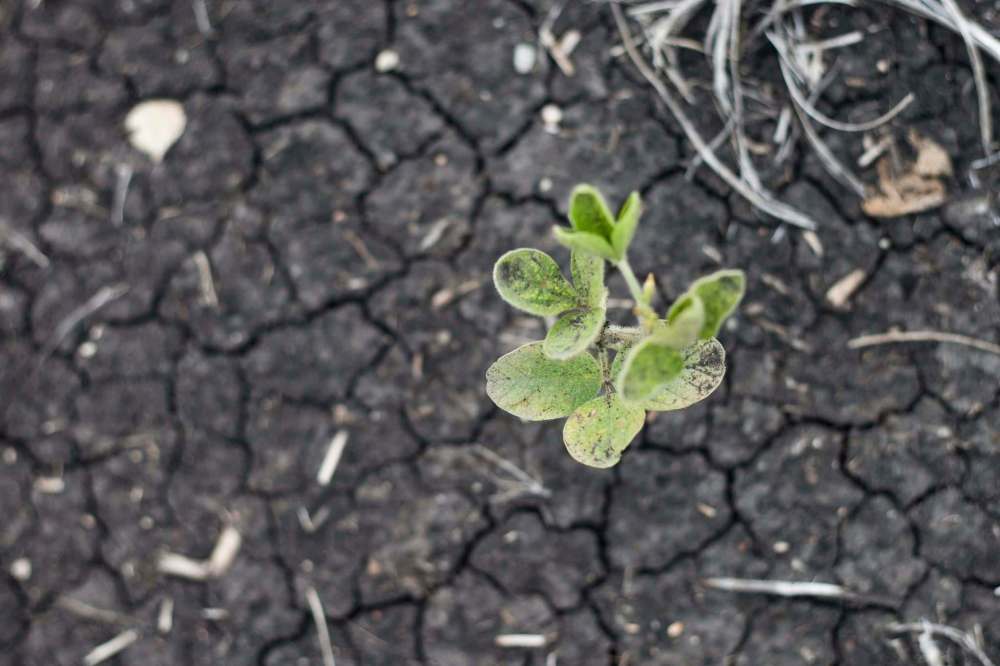
It says that in a short time the world’s population has essentially guaranteed a 1.5 C increase in global warming, which will result in “an increasing occurrence of some extreme events unprecedented in the observational record,” including extreme heat waves and flooding.
But the effects of climate change have already been made apparent, and Manitobans have had to reckon with its consequences this summer. Searing temperatures, wildfires and drought that’s created water shortages in some communities, leaving farmers with disastrous yields are all symptoms of the situation outlined in the report, Mauro said.
'Code red': UN scientists warn of worsening global warming

Posted:
BERLIN - Earth is getting so hot that temperatures in about a decade will probably blow past a level of warming that world leaders have sought to prevent, according to a report released Monday that the United Nations called a “code red for humanity.”
“Climate denial should have died this summer with the heat waves, the forest fires and all of the impacts that we are seeing with the drought here in Manitoba. Climate change is real; it’s here, it’s now, it’s serious,” he said. “But despite that, despite the tragedies that we have seen, the hardship we have seen this year, the hardship that is continuing with our farmers in this province, we have an ability to adjust.”
Mauro said COVID-19 has proven that supply chains can be precarious, and much of our freshest food comes from outside the province in places already dealing with severe drought and crop shortages.
In 2016, the Prairie Climate Centre — a partnership between the University of Winnipeg and the International Institute for Sustainable Development — projected that summer here in 2080 could be as hot and dry as they are in the Texas Panhandle, experiencing nearly 50 daily high temperatures of 30 C or higher every year.
“That has started to happen this summer,” Mauro said. “And the thing that surprises me is how fast these changes are taking place… what kind of world are we looking at (with) smoke in the sky as reprieve from the heatwave and thinking, ‘Oh, I’m so glad it’s not so hot today.’
“It’s absurd.”
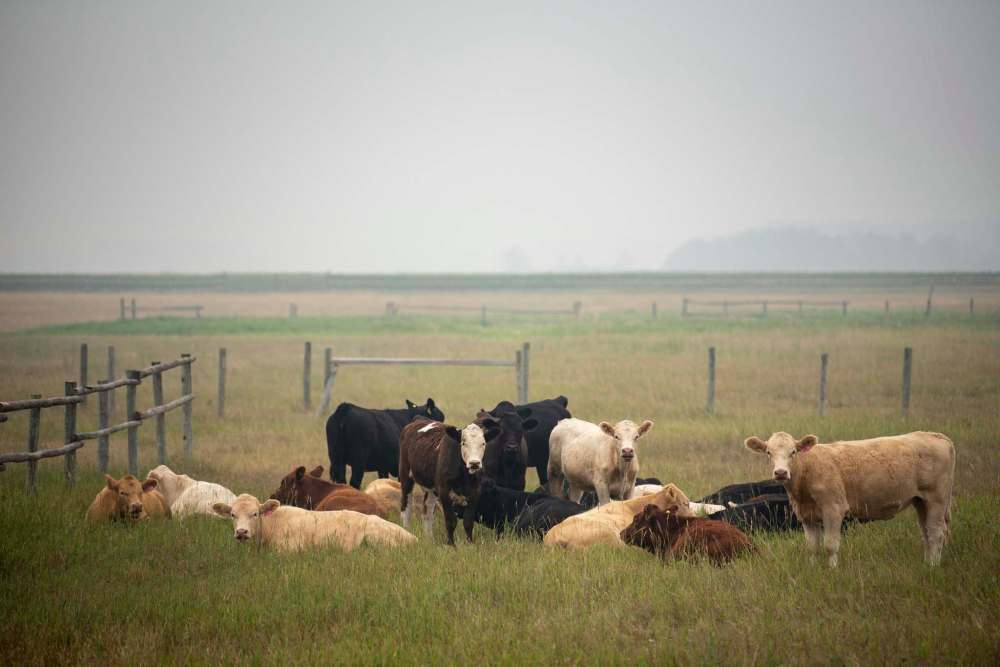
Monday’s rain will likely have some effect on the dry weather and wildfires right now, Environment and Climate Change Canada’s Natalie Hasell said.
It’s possible not every effect will be positive, though; while the rain is welcome, the lightning could cause more fires.
“Lightning is a concern, since lightning can travel quite a distance away from the storm that generates it, you could have a lightning strike where there’s no rain before or after, so that dry lightning would actually spawn more fires,” the warning preparedness meteorologist said.
“We like the showers, we like the rain, we don’t like the thunderstorms so much.”
Manitobans can help matters personally and on an organizational basis, Mauro said. That could include purchasing energy-efficient home goods, demanding policy change at the municipal, provincial and federal levels and learning about and implementing Indigenous-led sustainability growing and hunting methods.
“The opportunity for Manitobans to be leading the way is really there. We have to demand this in every conversation, from family kitchen tables to when we vote, that this is what we want to see,” he said.
“I’ve got young kids and I remain optimistic. I think that we can solve this, I think we can figure this out, and what an exciting opportunity, to be alive, to create the new way in which we live on planet Earth.”
malak.abas@freepress.mb.ca
Twitter: malakabas_

Our newsroom depends on a growing audience of readers to power our journalism. If you are not a paid reader, please consider becoming a subscriber.
Our newsroom depends on its audience of readers to power our journalism. Thank you for your support.










